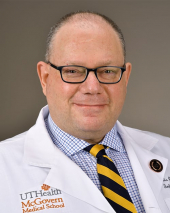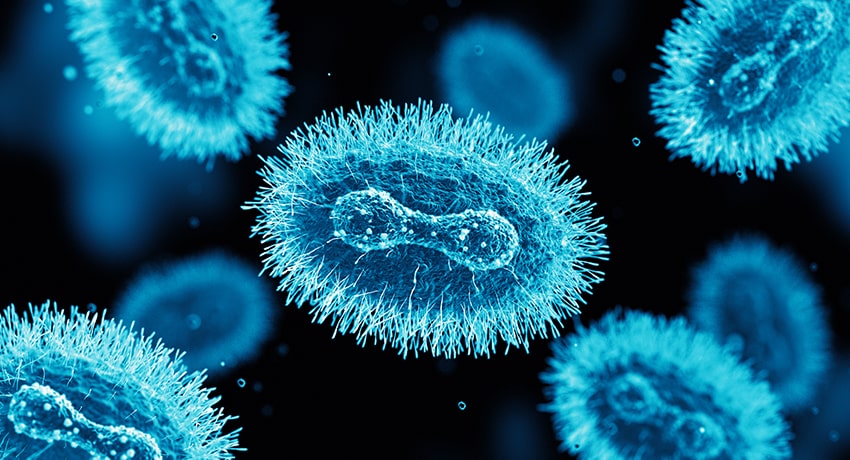On June 18, county and city health departments confirmed two cases of monkeypox in Harris County. Though the virus is now officially in Houston, the health threat to the community is very low, according to Luis Ostrosky, MD, infectious disease specialist for UT Physicians.

“The two confirmed cases are under control and contained, and health officials at the local, state, and national level are carefully tracking all cases. The CDC also considers monkeypox a low risk to the public at this time,” Ostrosky said. “At this time, there is no need to modify your behavior in public places. This infection is being primarily spread through very close or intimate contact, and there is no evidence of community spread. However, it is important to stay informed and recognize the signs of monkeypox.”
Monkeypox is transmitted through close contact with an infected person from respiratory droplets, open lesions, and/or bodily fluids. It can also be passed from bedding, clothes, or other contaminated items.
“You are more likely to catch monkeypox from a family member or someone who you spend close time with than from someone in line at the store,” said Ostrosky, professor of internal medicine and epidemiology, vice chair for Healthcare Quality, and Memorial Hermann Chair at McGovern Medical School at UTHealth Houston.
Monkeypox can cause fever, chills, and/or body aches. It can also cause swollen lymph nodes around the neck, underarm, and groin areas. These symptoms are followed by the characteristic rash. If you have any combination of these symptoms, it is important to be seen by your health care provider, preferably via telehealth.
“Although available, most people do not require monkeypox treatments, and quarantine can keep it from spreading to family members, friends, or strangers,” said Ostrosky. “With prevention and early detection, we can help keep everyone in Houston safer.”
Learn more about monkeypox from the UT Physicians Monkeypox FAQ.



